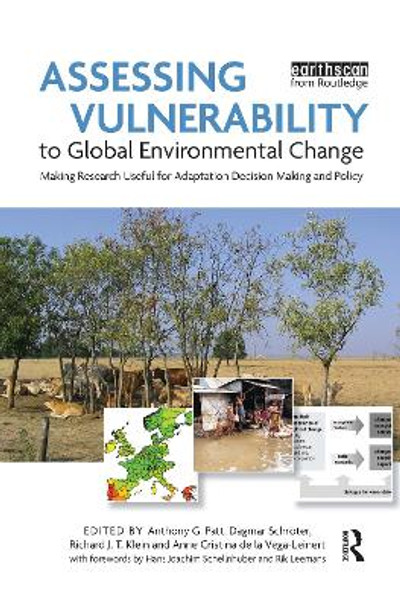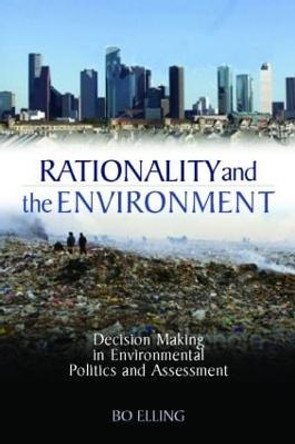Description
Assessing the vulnerability of human populations to global environmental change, particularly climate change, is now the main imperative of research and international action. However, much of the research into vulnerability is not designed to feed directly into decision making and policy, creating a gap between the knowledge created by researchers and what is required by decision makers.
This book seeks to rectify this problem and bridge the gap. It discusses vulnerability as the central theme and brings together many different applications from disaster studies, climate change impact studies and several other fields and provides the most comprehensive synthesis of definitions, theories, formalization and applications to date, illustrated with examples from different disciplines, regions and periods, and from local through to regional, national and international levels.
Case study topics cover sea level rise, vulnerability to changes in ecosystem services, assessing the vulnerability of human health and 'double exposure' to climate change and trade liberalization amongst other issues. Research outcomes stress that science-policy dialogues must be transparent to be effective and concentrate on a mutual understanding of the concepts used. A key research finding is that the most useful information for decision makers is that which shows the separate causes and drivers of vulnerability, rather than presenting vulnerability in an aggregated form. The book concludes with a unifying framework for analysing integrated methodologies of vulnerability assessment and guiding how research and policy can be linked to reduce vulnerability.
About the Author
Anthony Patt leads the Decisions and Governance Research Group in the Program on Risk and Vulnerability at the International Institute for Applied Systems Analysis, in Austria. He has published extensively on climate vulnerability and climate adaptation in Africa.
Dagmar Schratter is currently scientific coordinator of a European Era-Net project on climate change adaptation. She has published extensively on global change vulnerability, ecosystem processes and ecosystem services.
Richard Klein coordinates climate policy research at the Stockholm Environment Institute. His research interests include methodological aspects of vulnerability assessment, societal adaptation to climate change, and integration of climate and development policy.
Anne Cristina de la Vega-Leinert is currently a researcher and lecturer in applied geography at Greifswald University, Germany. She investigates emergent synergies between biodiversity, development, food and human rights issues in the context of global change.
Reviews
'This book presents the state-of-the-art in vulnerability science ... an essential resource.'
Wolfgang Cramer, Professor of Global Ecology, Potsdam institute for Climate Impact Research
'Our understanding of vulnerability is changing rapidly through advances in both fundamental research and practical application. This book provides a rare bridge between the two, and will be an exciting stimulus to learning across the communities of science and policy.'
William C. Clark, Harvey brooks Professor of international Science, Public Policy and Human Development, Harvard University
'This book presents the state-of-the-art in vulnerability science, based on first-hand experience since this new field emerged - an essential resource for advanced students and scholars. Covering aspects of natural and social sciences, it discusses case studies from developed and developing countries.'
Wolfgang Cramer, Professor of Global Ecology, Potsdam institute for Climate Impact Research
Book Information
ISBN 9781844076970
Author Anthony Patt
Format Hardback
Page Count 284
Imprint Earthscan Ltd
Publisher Taylor & Francis Ltd
Weight(grams) 566g








